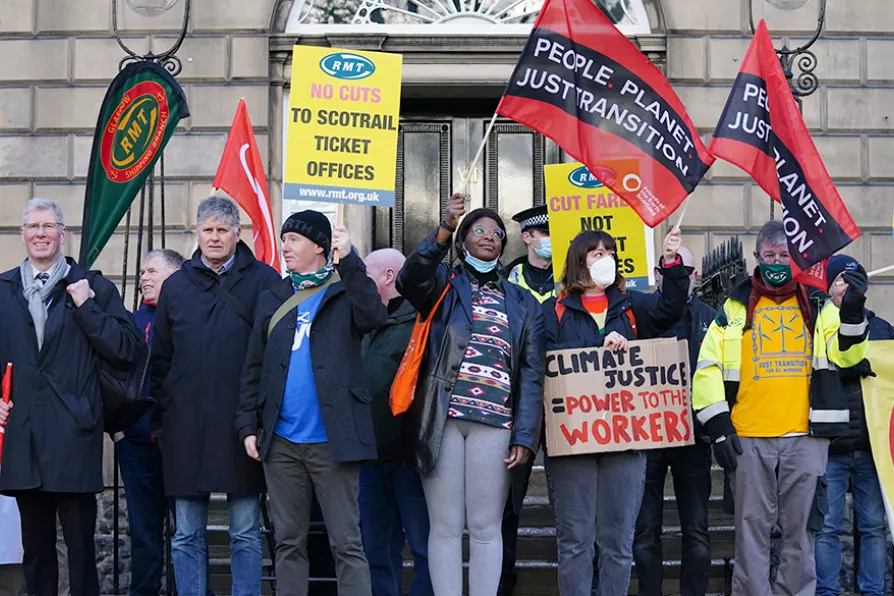The long-term effects of chemical weapons such as Agent Orange mean that the impact of war lasts well beyond a ceasefire

 NOT ENOUGH: Picket by transport and energy workers from the National Union of Rail, Maritime and Transport Workers (RMT) outside Bute House in Edinburgh on January 31 2022
NOT ENOUGH: Picket by transport and energy workers from the National Union of Rail, Maritime and Transport Workers (RMT) outside Bute House in Edinburgh on January 31 2022
INEVITABLY, following the defeat of the Corbyn project and the sense of loss of a coherent left, there is much analysis of the period we are in and how we can build a socialist project in what are very difficult circumstances for the left.
There is a similarity between the period we are going through and the early ’70s and arguably mid-80s that the left, Marxist and non-Marxist alike, should consider when trying to develop a successful strategy and tactics, not just to defeat this Tory government, but lay the foundations for a movement for real change in the nations and regions of the UK.
The contours of the similarities of those periods are clear enough — an economic crisis, an increasingly unpopular but aggressive Tory government, in a context of international tension and conflict.

The Home Secretary’s recent letter suggests the Labour government may finally deliver on its nine-year manifesto commitment, writes KATE FLANNERY, but we must move quickly: as recently as 2024 Northumbria police destroyed miners’ strike documents













